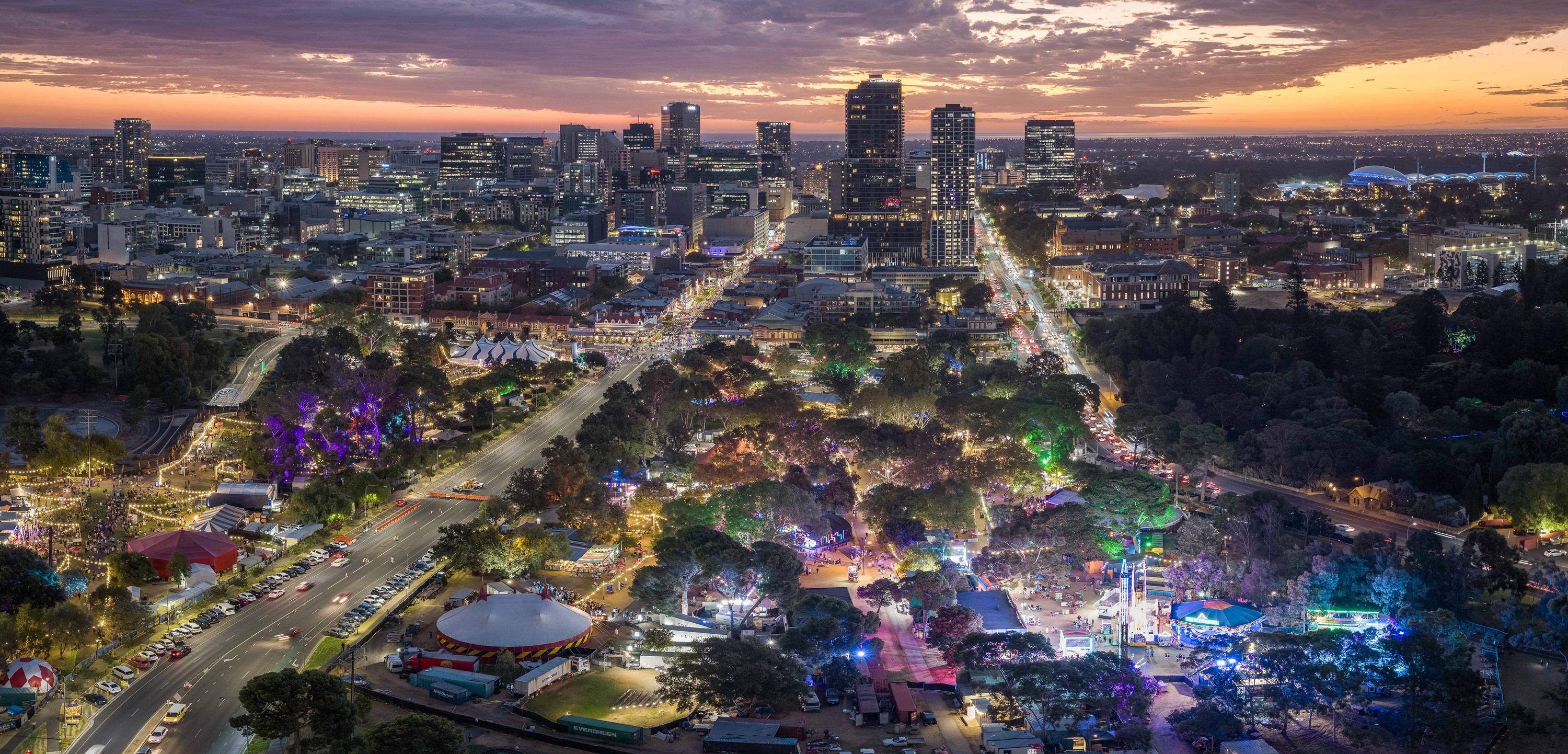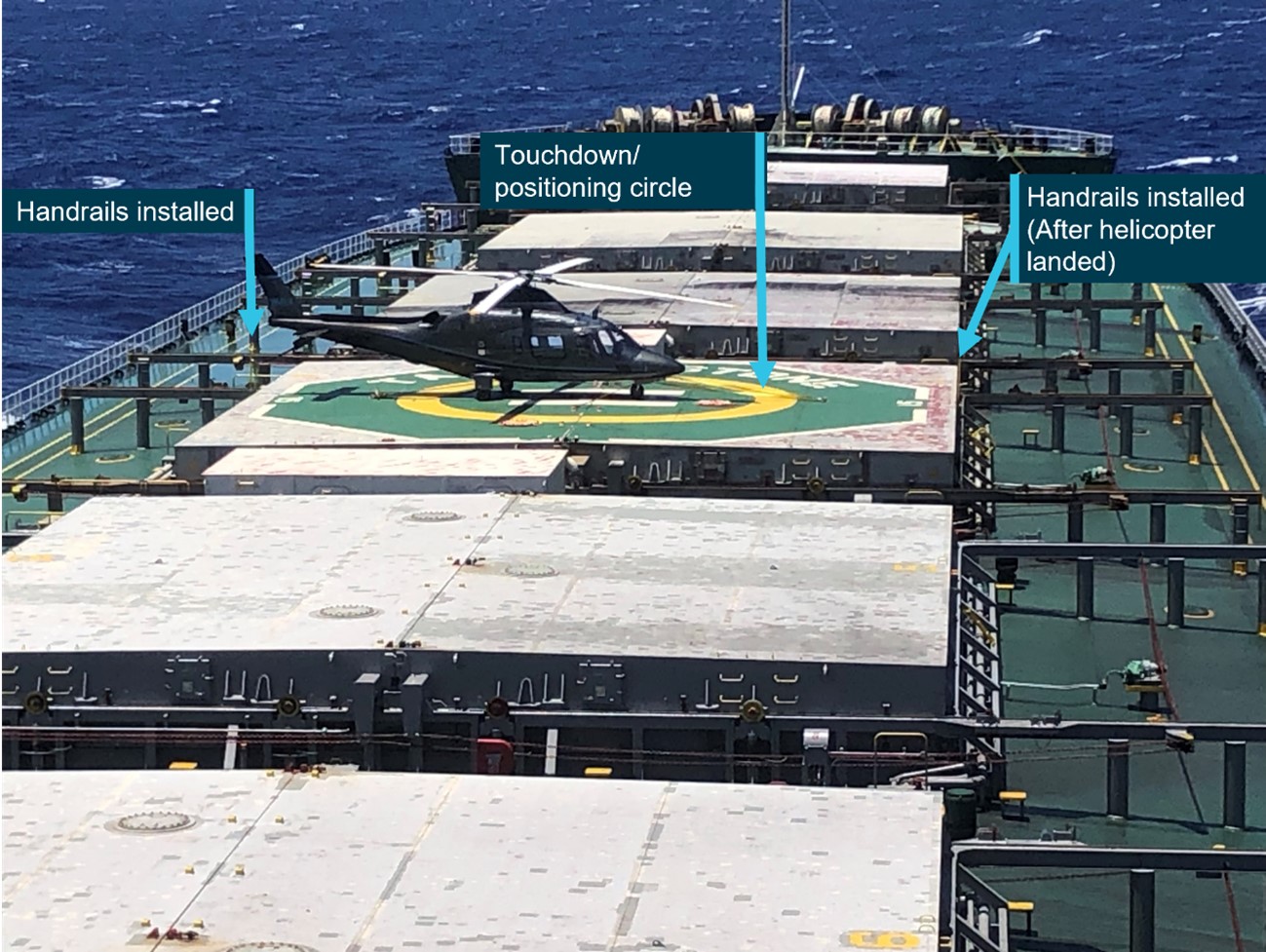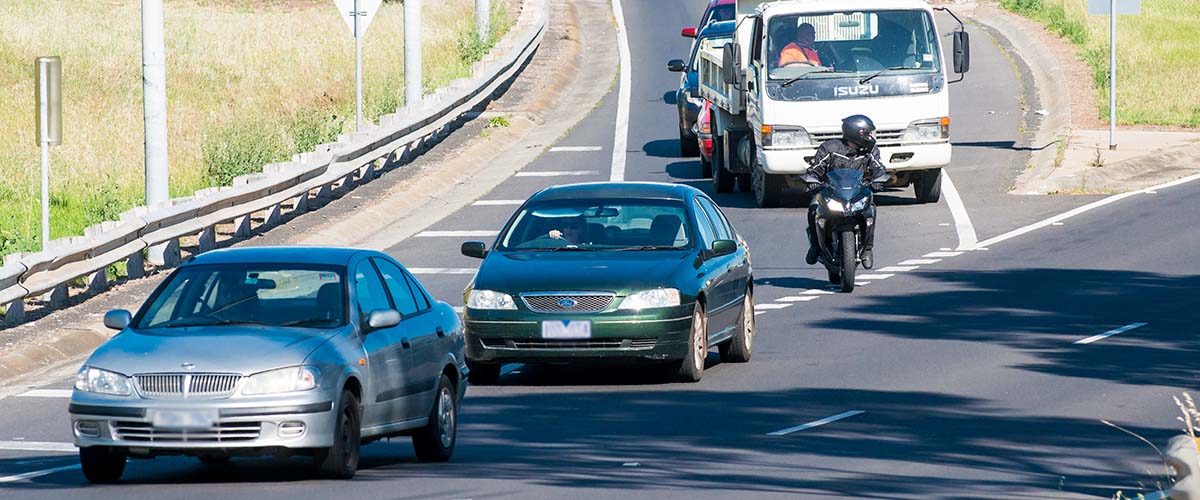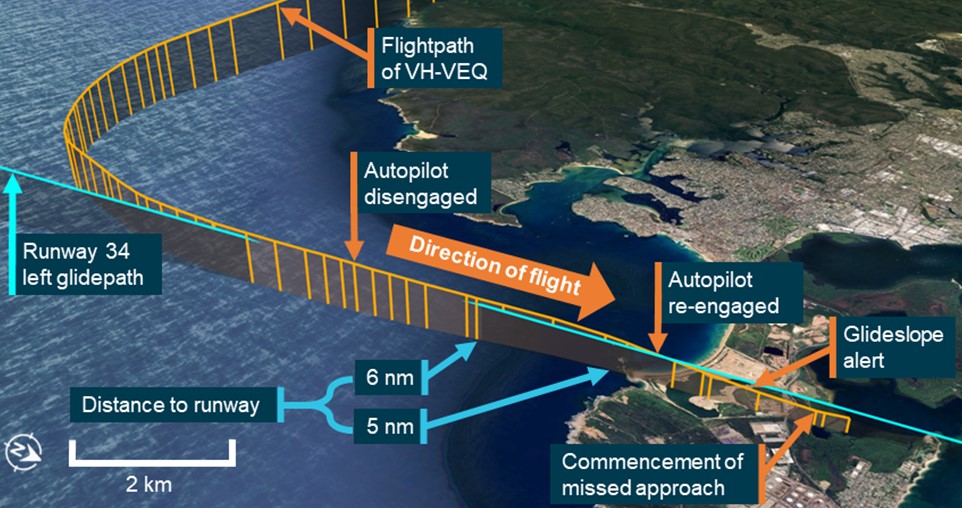A landmark analysis of Tasamnia’s chronically underfunded bus service has urged the government to shield drivers from abuse with a new offence criminalising the harassment of transport workers.
The McKell Institute’s review of public transport funding also shows Tasmania spends the least per capita of any Australian jurisdiction on services – just $115 a head. This equates to less than one per cent of its total budget.
“Tasmania’s public transport system has suffered from decades of underinvestment and that’s showing up in people’s daily commutes,” Max Douglass, McKell Institute Policy Analyst, said.
“This is compounded by the exit of drivers on the receiving end of rising abuse, harassment and even violence from disgruntled passengers.
“Criminalising this behaviour would make it easier to recruit and retain drivers while improving the overall quality and reliability of services.”
The proposal is styled after laws in NSW and South Australia imposing jail terms for assaulting a retail worker. It would make harassing, intimidating and abusing a transport worker a specific criminal offence in Tasmania.
The report, A Better Deal, shows areas with the greatest need for buses such as Glenorchy in Greater Hobart and Launceston’s northern suburbs receive the least services.
“Equal service is not equitable service. These areas have low car ownership, relatively high poverty and should be prioritised for additional services,” Mr Douglass said.
Overhauling the funding and management of Tasmania’s bus service would provide a much-needed economic shot in the arm to the state.
“Tasmania is losing out on significant productivity gains by failing to invest in public transport. An adequately funded bus system would create much-needed jobs, help meet emissions targets, unclog roads and reduce traffic accidents,” Mr Douglass said.
“South Australia, the next most populous state, spends nearly twice per capita on public transport. That’s the absolute minimum Tasmania must look at if it’s serious about creating a bus system that’s fit-for-purpose.”








